In a region once scarred by two decades of conflict, hope is taking root in Upper Sinumaan and Bud Bunga. On December 3, 2024, the launch of a comprehensive stakeholder outreach program brought together a diverse coalition of organizations, united by the goal of empowering students and revitalizing the community through education.
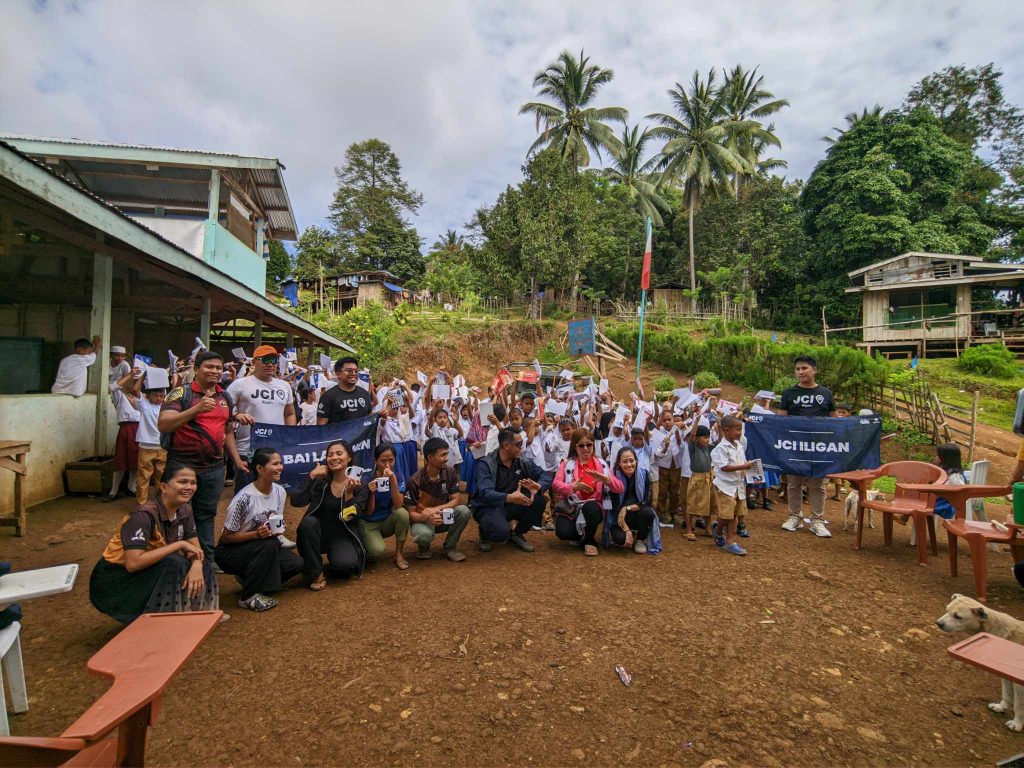
The event, spearheaded by Junior Chamber International (JCI) Bailawanen, JCI Iligan, Adventist Muslim Relations, SULADS, and the Armed Forces of the Philippines (AFP), was a testament to the power of collaboration. More than 300 students received essential school supplies and hygiene kits, a gesture aimed at fostering not just learning but also personal dignity and community pride.
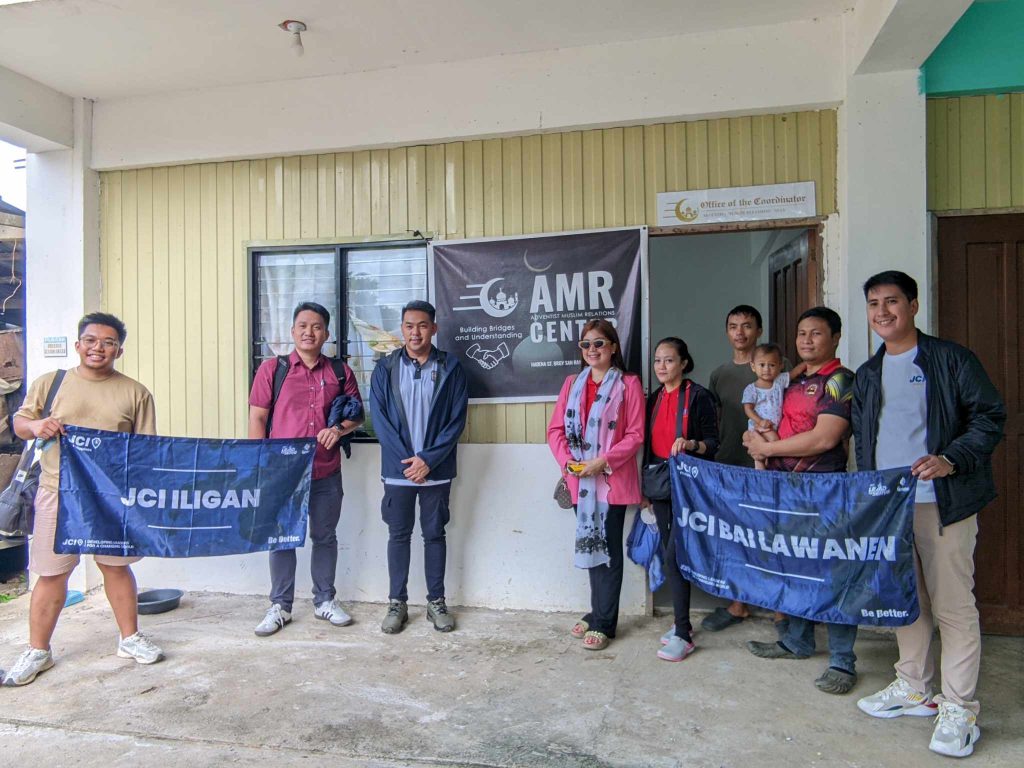
“Our goal is to help students reach their dreams,” said Sherrie Uy Cutab, President of JCI Bailawanen. “This initiative shows how working together can overcome barriers, even in areas once labeled as ‘no man’s land.”
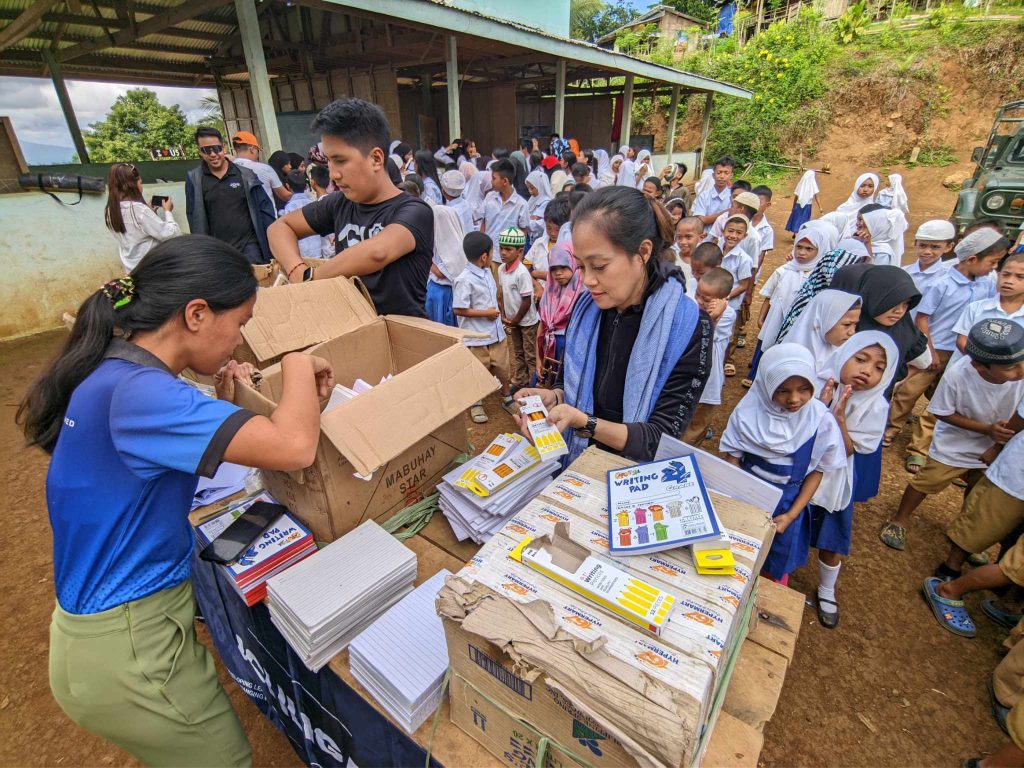
Echoing this sentiment, Sandro Bughaw, President of JCI Iligan, emphasized the broader impact: “Investing in these students is investing in our community’s future. Education is the key to lasting development.”
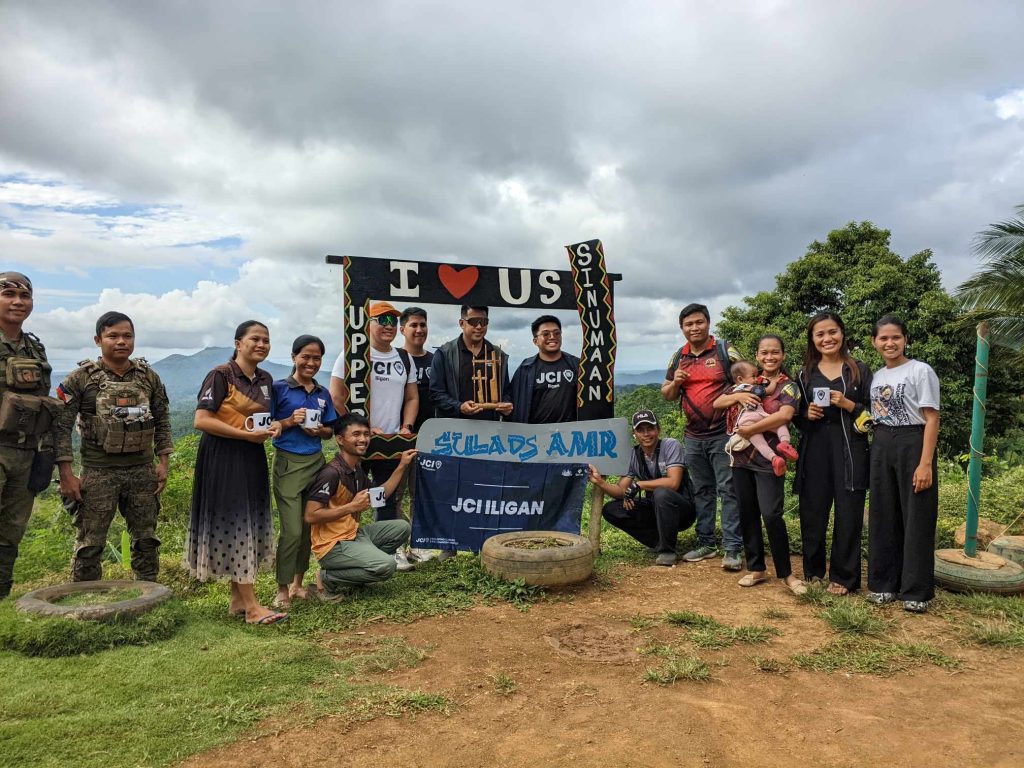
For years, efforts to establish a learning center in Upper Sinumaan and Bud Bunga faced setbacks due to conflict and a lack of resources. Minimal support from the private sector and limited community involvement only deepened the challenges for learners in the area.
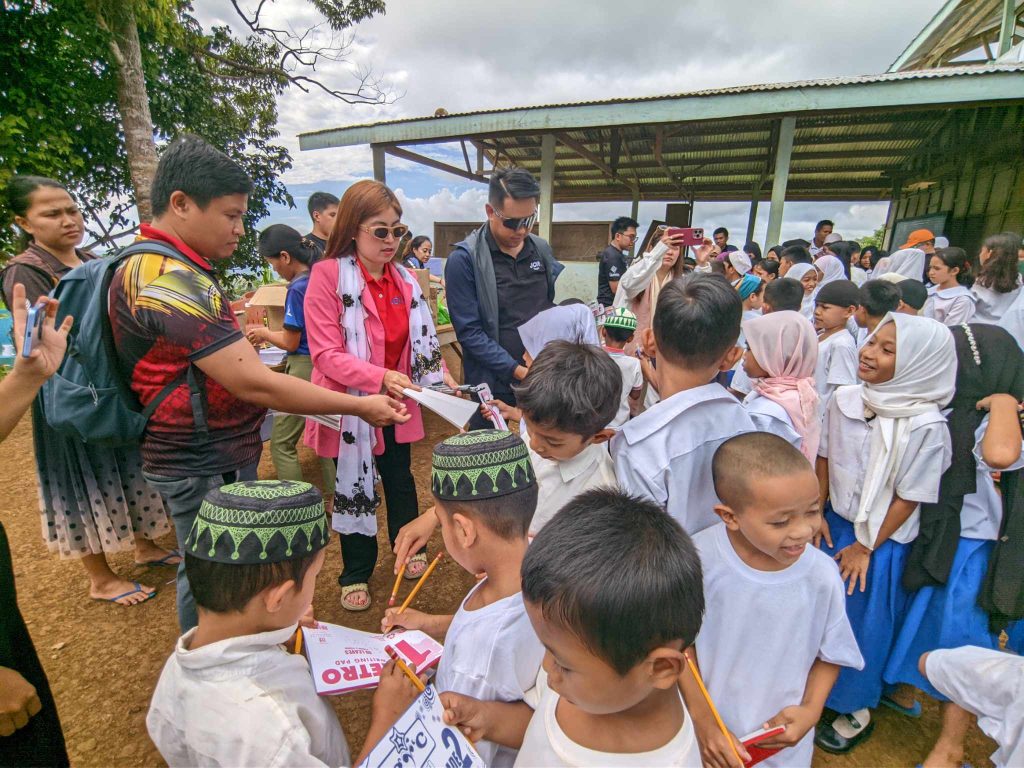
However, with the recent engagement of multi-sectoral stakeholders, including the Armed Forces of the Philippines, a new chapter is unfolding. The AFP’s presence and logistical support ensured the safe delivery of supplies to these remote areas, demonstrating their commitment to fostering peace and development. Organizations like SULADS have also been instrumental in bridging gaps through literacy.
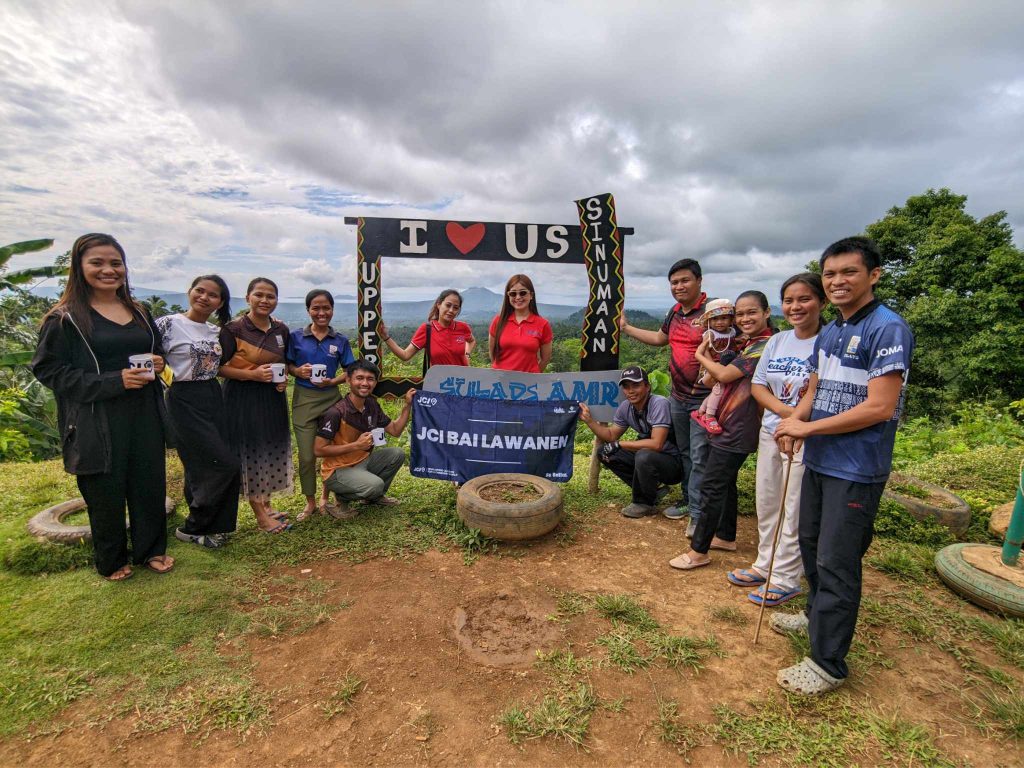
“We are blessed to have stakeholders who love to extend support and encouragement to our learners,” shared Kyneth Lloren, SULADS President for Sulu.
The initiative goes beyond immediate relief. By equipping students with tools for learning and better hygiene, the program aims to inspire them to pursue education and, in turn, uplift their communities. It also sends a strong message to potential stakeholders, inviting them to join the mission of building a brighter future for Talipao.
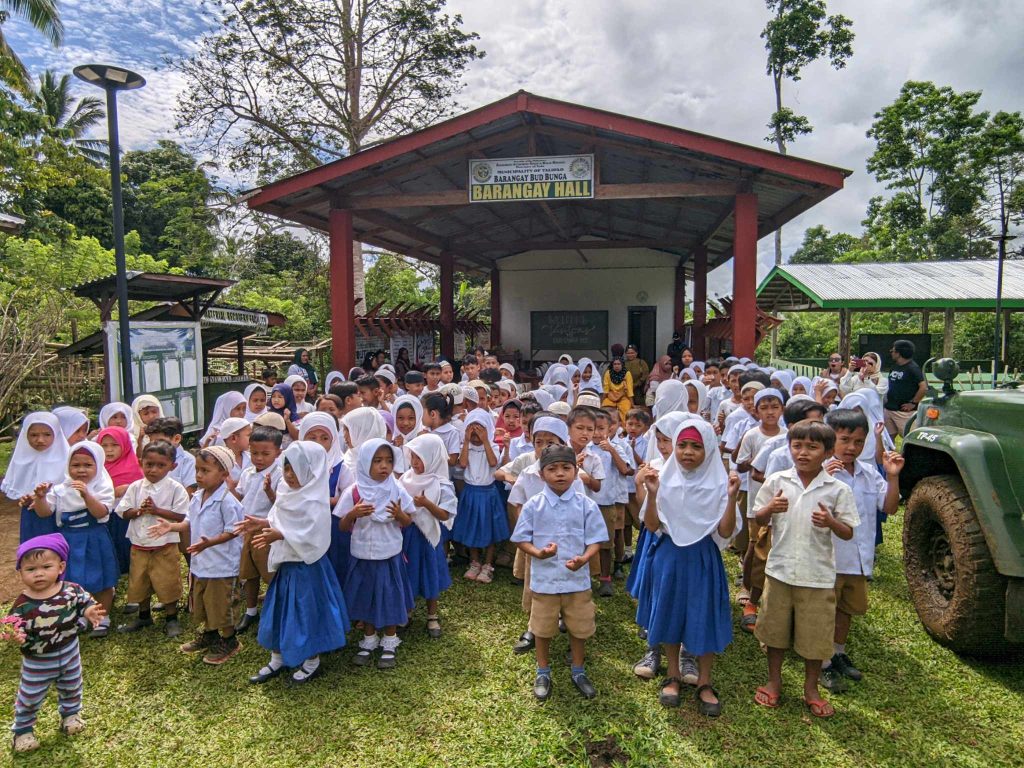
This outreach effort is more than just a one-time event. It represents a commitment to sustained development, one that envisions education as the cornerstone of peace and prosperity in Sulu.
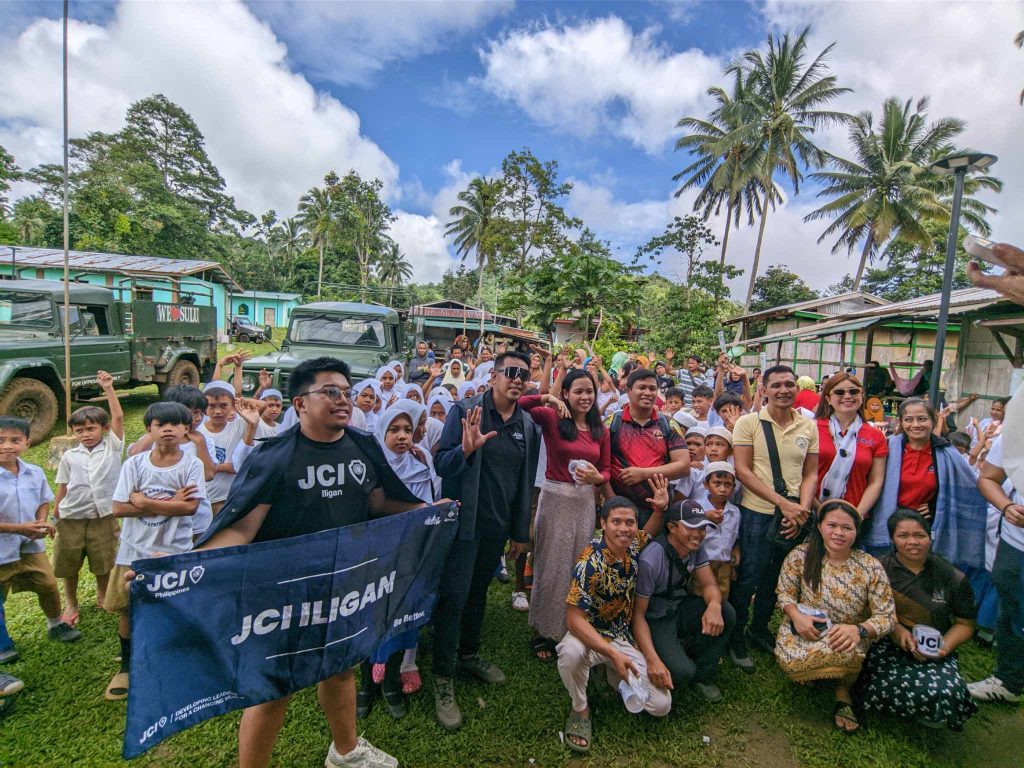
As the program grows, its ripple effects will undoubtedly transform not only the lives of individual students but also the broader economic and social landscape of the region. With the combined efforts of civil society groups, religious organizations, and the AFP, what was once a land of war is now a ground for hope, proving that collaboration and compassion can rewrite the story of any community.
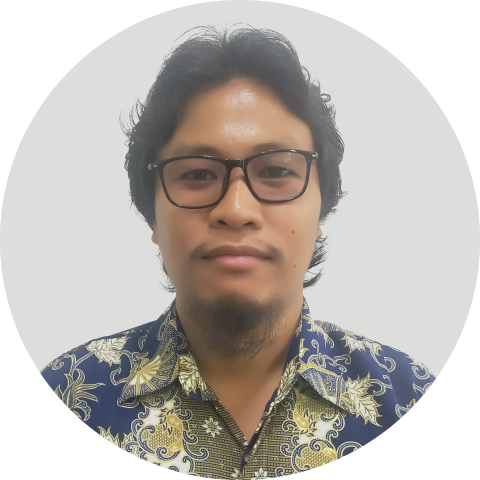
Adventist Mission


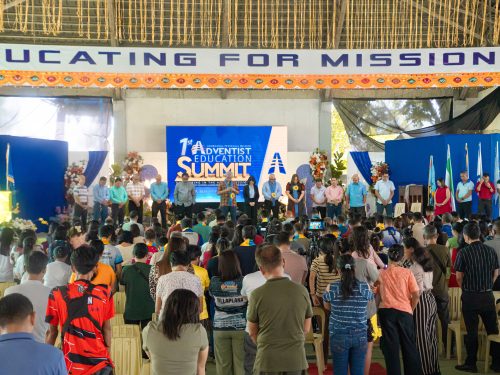
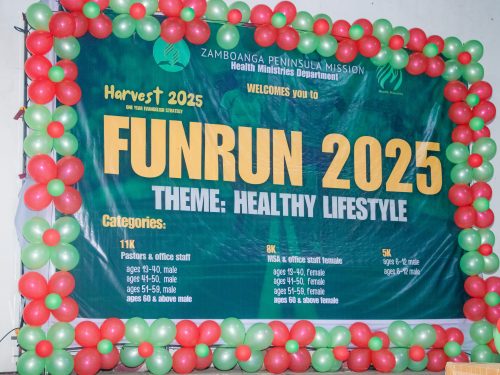
1 comments
Praise the Lord for his guidance